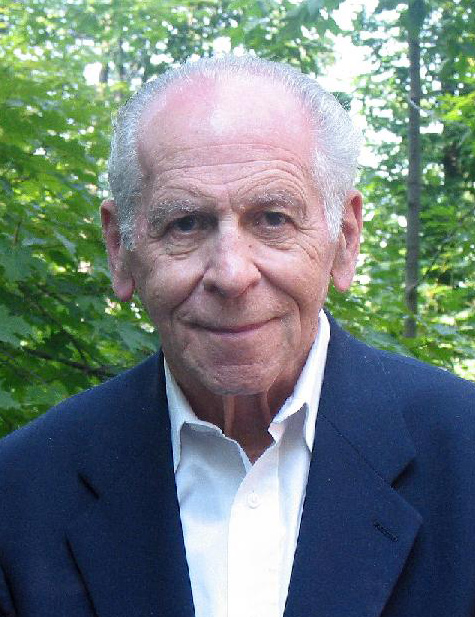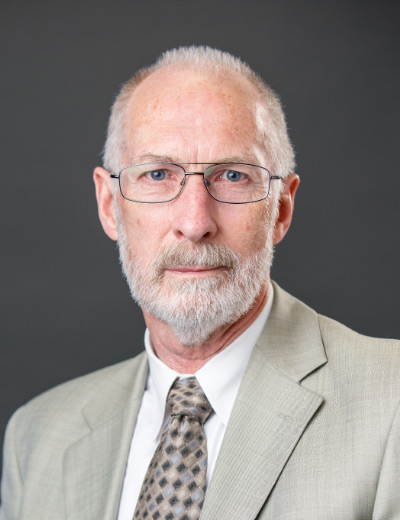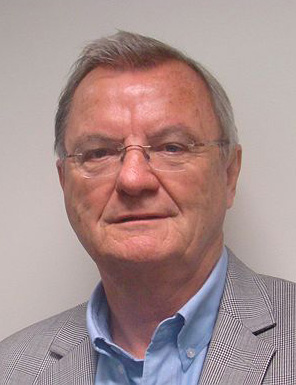Gala Reception: 6:30 pm. Awards Presentation & Program: 7:00 pm
$15 per person; $10 per person for Independent Institute Members;
Location: The Independent Institute Conference Center, Oakland, CA.
You are cordially invited to the gala reception and presentation of the Thomas S. Szasz Awards for Outstanding Contributions to the Cause of Civil Liberties to Robert Higgs and Robert Spillane, followed by a special forum featuring Dr. Higgs on “Liberty and Leviathan,” based on his acclaimed, new book, Depression, War, and Cold War (Oxford University Press).
2006 THOMAS S. SZASZ AWARDS:
Thomas S. Szasz is the renowned author of such seminal works as The Myth of Mental Illness, Pharmacracy, and Ceremonial Chemistry. For nearly five decades Dr. Szasz has distinguished himself as the preeminent defender of individual rights in the fields of psychiatry and psychology. In this effort, he has had to brave both the political correctness of the times and the pressures of a profession primarily oriented toward the use of power. Throughout, he has remained the steadfast champion of the values of private property and voluntary exchange, the rule of law, and the open society.
The Thomas S. Szasz Award is a tribute conferred annually by the Center for Independent Thought for outstanding contributions to the cause of civil liberty. The award is intended to encourage people to work to protect personal autonomy from state encroachment. The General Award is given to an individual who has done exceptional work to popularize the importance of civil liberties. The Professional Award is given to a specialist, such as a psychiatrist, psychologist, or sociologist who has made advances in civil liberties on a theoretical level.
2006 Recipients
ROBERT HIGGS, General Award
Robert Higgs is Senior Fellow in Political Economy at The Independent Institute and Editor of the Institute’s quarterly journal The Independent Review. Dr. Higgs is most famous for his pioneering analysis on how and why the size and scope of government power has grown in response to crises of war and economic upheavals. Such increased power remains long after each crisis passes, threatening both civil and economic liberties, all at the behest of special interest groups.
He received his Ph.D. in economics from Johns Hopkins University, and he has taught at the University of Washington, Lafayette College, Seattle University, the University of Economics, Prague. He has been a visiting scholar at Oxford University and Stanford University, and a fellow for the Hoover Institution and the National Science Foundation.
ROBERT SPILLANE, 2006 Professional Award
For more than 30 years Robert Spillane has fought against what Thomas Szasz calls the medicalization of moral behavior. He actively campaigns against the mass drugging of children and the use of the American Psychiatric Association's Diagnostic and Statistical Manual of Mental Disorders in its misuse in psychology. Dr. Spillane teaches philosophy and psychology at Macquarie University, and has taught at the University of New South Wales, University of Stockholm, University of London, Manchester Business School, and Abcor Institute in Frankfurt, Germany.
He has written nine books, including Organisational Behaviour, Stress at Work, Achieving Peak Performance, and Personality and Performance (with John Martin), which draws on the work of George Herbert Mead, Peter Drucker and Thomas Szasz to argue that psychology should be used to understand and master oneself, not manipulate others. His most recent book is The Management Contradictionary (with Rodney Marks and Benjamin Marks), a humorous look at the linguistic pretensions of managers and psychologists. Dr. Spillane has also written more than 120 professional articles.
AN EVENING WITH ROBERT HIGGS: “LIBERTY AND LEVIATHAN”:
How could the U.S. government have grown by more than one-third since 9/11, with Congress having increased the national debt to $8.5 trillion, the feds annually consuming a record $2.5 trillion, and civil liberties increasingly jeopardized? Is this phenomenon unique or are there precedents in past “crises”?
Virtually alone, Dr. Higgs predicted this result, based on his pioneering insights into the nature of government power. Now in Depression, War, and Cold War, the sequel to his acclaimed classic Crisis and Leviathan, Dr. Higgs unravels some of the most important questions of past crises: What accounted for the extraordinary duration of the Great Depression? What about “wartime prosperity” and whether World War II “got the economy out of the depression”? How does war alter relations between government and the leaders of business and labor? How do military economies alter the business cycle, as during World War II and the Cold War? What is Congress’s role in the military-industrial-congressional complex?
Based on his new book, Dr. Higgs will provide a powerful, solidly grounded exposé of government power in the U.S. since the early 1930s.

Despite much attention to U.S. government policies since the early 1930s, key questions remain unresolved. In Depression, War, and Cold War, the scholarly sequel to his acclaimed classic Crisis and Leviathan, Robert Higgs sheds pioneering light on some of the most important of these questions: What accounts for the extraordinary duration of the Great Depression? What about “wartime prosperity” and whether World War II “got the economy out of the depression?” How did the war alter relations between the government and the leaders of big business? How did the postwar military economy alter the business cycle? What is Congress’s role in the military-industrial-congressional complex? This seminal book answers these and other crucial questions by presenting new insights, evidence, and statistical analyses.
Depression, War, and Cold War offers a powerful, solidly grounded interpretation of U.S. political economy from the early-1930s to the end of the Cold War, and refutes many popular ideas about the Great Depression and New Deal, the World War II economy, and the postwar national-security state still so pervasive today.









